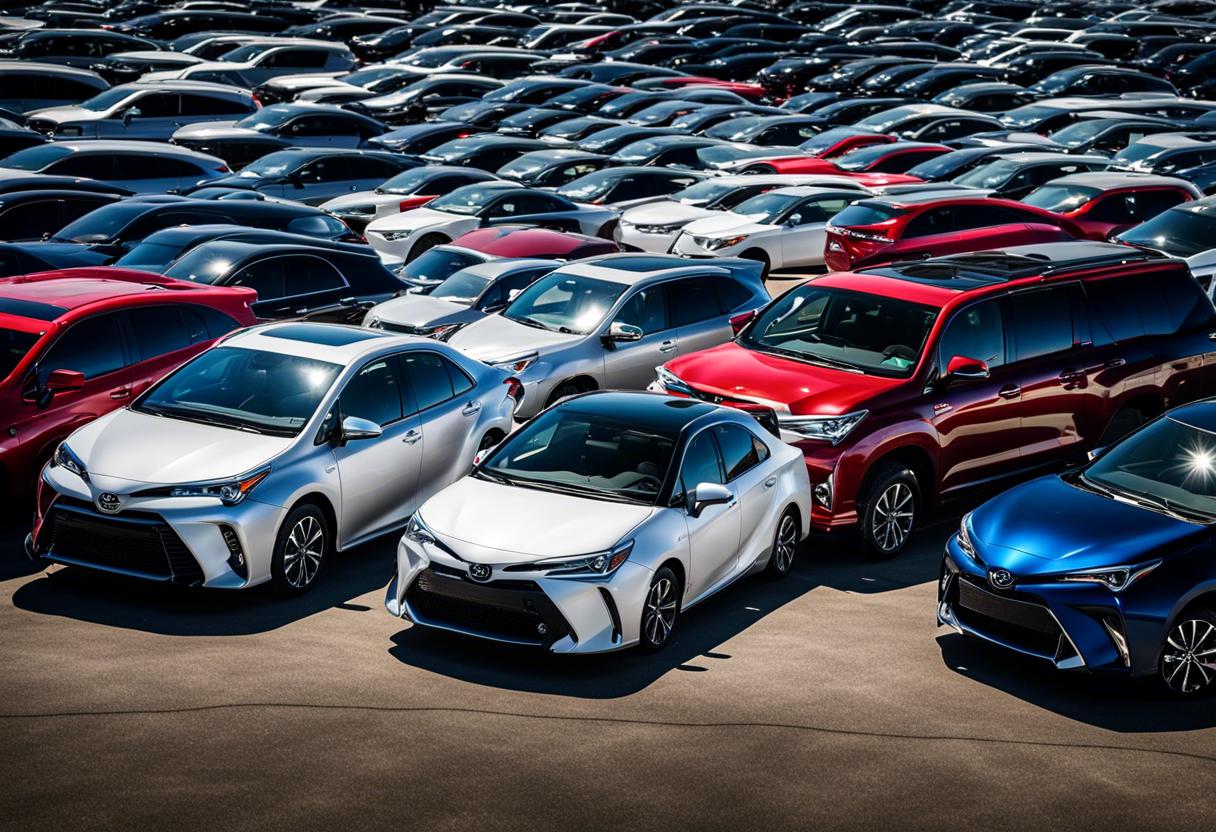Despite impressive fourth-quarter earnings, Toyota Motor has projected a 20% decrease in profit for the current fiscal year. This is largely due to significant investment in its suppliers and overall business strategy. Despite this slimmer outlook, the world’s largest vehicle manufacturer has outperformed market forecasts. Operating profit soared 78% in Q1 and total annual profit reached 5.35 trillion yen (€32 billion), the first Japanese company to surpass a total of 5 trillion yen.
Toyota, which has long been a proponent of its “multi-pathway” strategy promoting hybrids, plug-ins, and EVs, has benefited from both a weaker yen and slowing demand for electric vehicles in certain markets, for example the United States. Here, consumers have been increasingly favouring petrol-electric hybrids – an area of expertise for Toyota.
Moving forward, they expect an operating income of 4.3 trillion yen for the year to March 2025, marking a 20% decrease, as investment in ‘human capital’ such as labour costs at suppliers and dealers and further promotion of its multi-pathway strategy comes to the forefront.
Despite their success, Toyota faces certain challenges, such as keeping pace with the rapidly evolving market for software-integrated EVs in China.
In addition, Toyota intends to invest 1.7 trillion yen in growing sectors such as artificial intelligence and software over the coming year. Commended for their forward-thinking approach, the company’s move from a traditional car-maker to a mobility company is anticipated but the planned investments have been received with disappointment from some industry figures, most notably James Hong, Head of Mobility Research at Macquarie, who expressed surprise at the additional costs this investment would incur.
Lastly, Toyota has long been a pioneer in hybrid technology, having launched the Prius more than 25 years ago. Hybrids represented over a third of the 10.3 million vehicles it sold in the past fiscal year, inclusive of the Lexus luxury brand.
Despite relying heavily on battery-only electric vehicles (EVs), they accounted for a mere 1% of Toyota’s worldwide sales in the last year; this equates to approximately 116,500 cars, a significant shortfall from their projected sales of 202,000 vehicles. Toyota anticipates sales of around 171,000 battery EVs in the current fiscal year.
The success of Toyota’s operations in China is believed to be strongly linked to its strategies for EVs. Toyota has previously stated its association with Chinese tech titan Tencent, and has just revealed two battery EVs designed particularly for the Chinese market at the recent Beijing auto show.
This information is copyrighted by Thomson Reuters 2024.

